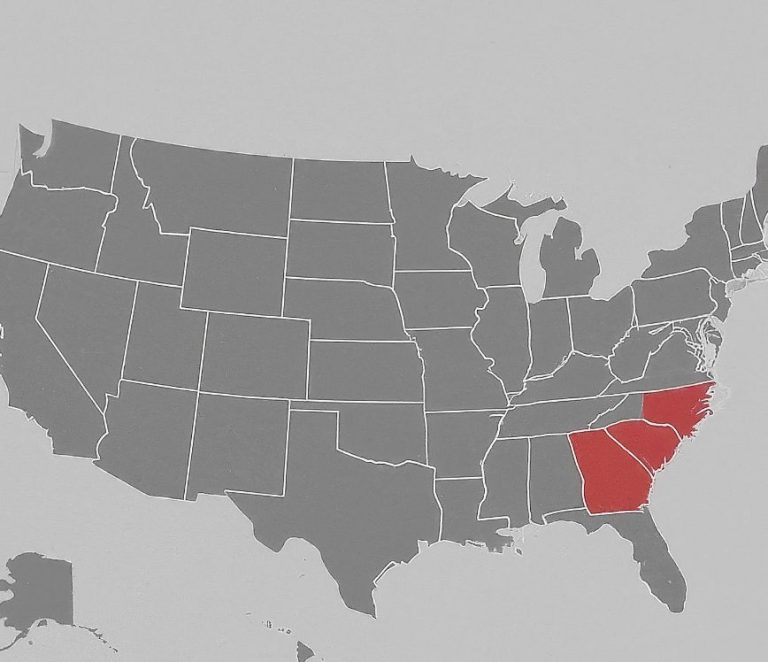Life insurance is a crucial financial tool that provides peace of mind, knowing that loved ones will be financially protected in the event of the policyholder’s death. For individuals with disabilities, securing life insurance for the disabled can be even more critical, ensuring their dependents are taken care of financially and their final expenses are covered.
Despite its importance, obtaining life insurance for the disabled can be a challenging process. Insurance companies often perceive individuals with disabilities as high-risk, leading to higher premiums or even outright denial of coverage. This can leave many disabled individuals feeling excluded and vulnerable.
The Challenges of Obtaining Life Insurance with a Disability
Several factors can influence the availability and cost of life insurance for the disabled. These include:
- Type and Severity of Disability: The nature and extent of a disability can significantly impact an individual’s eligibility for life insurance. Some disabilities may be considered higher risk than others, resulting in higher premiums or limited coverage options.
- Medical History: Insurers often request extensive medical records to assess an applicant’s overall health and the potential impact of their disability on their life expectancy.
- Lifestyle Factors: Lifestyle choices such as smoking, alcohol consumption, and participation in high-risk activities can also affect an individual’s eligibility for life insurance.
Types of Life Insurance Policies Available for Disabled Individuals
Despite the challenges, various life insurance options are available for disabled individuals. These include:
- Guaranteed Issue Life Insurance: This type of policy provides coverage regardless of an individual’s health or disability status. However, it typically comes with lower coverage amounts and higher premiums.
- Simplified Issue Life Insurance: Simplified issue policies require applicants to answer a few health questions but typically do not require a medical exam. They may offer higher coverage amounts than guaranteed issue policies but may still have restrictions based on certain health conditions.
- Traditional Life Insurance: Individuals with disabilities may still qualify for traditional life insurance policies, such as term life or whole life insurance. However, they may need to undergo a medical exam and may face higher premiums or limited coverage options.
Tips for Obtaining Life Insurance with a Disability
Navigating the life insurance for the disabled landscape can be overwhelming, but there are steps individuals can take to increase their chances of obtaining coverage:
- Shop Around: Compare quotes from multiple insurers to find the best coverage and rates. Some insurers may specialize in providing life insurance for the disabled and may offer more favorable terms.
- Work with an Independent Agent: An independent insurance agent can help individuals with disabilities navigate the complex world of life insurance and find policies that meet their needs.
- Be Honest and Transparent: Provide accurate and complete information about your disability and medical history to the insurance company. Misrepresenting information can lead to denial of coverage or even policy cancellation.
- Consider a Group Policy: If you are employed, check if your employer offers group life insurance benefits. Group policies may offer coverage to individuals with disabilities at more affordable rates.
- Focus on Your Overall Health: Maintain a healthy lifestyle by eating a balanced diet, exercising regularly, and managing any existing health conditions. This can help improve your chances of obtaining coverage and potentially lower your premiums.
Advocacy and Resources for Individuals with Disabilities
Several organizations and resources are available to assist individuals with disabilities in obtaining life insurance for the disabled:
- National Disability Insurance Scheme (NDIS): The NDIS provides information and support to people with disabilities, including assistance with accessing financial services such as life insurance.
- Disability Advocacy Organizations: Several disability advocacy organizations offer resources and support to individuals with disabilities, including information on life insurance for the disabled and assistance with navigating the application process.
- Financial Advisors: A financial advisor specializing in working with individuals with disabilities can provide guidance on choosing the right life insurance policy and navigating the application process.
Conclusion
Obtaining life insurance for the disabled can be a complex process, but it is an essential step in ensuring financial security for loved ones. By understanding the challenges, exploring available options, and seeking assistance from professionals, individuals with disabilities can find the right life insurance coverage to meet their needs and protect their families.
Read More: Life Insurance with Disability: A Comprehensive Guide






